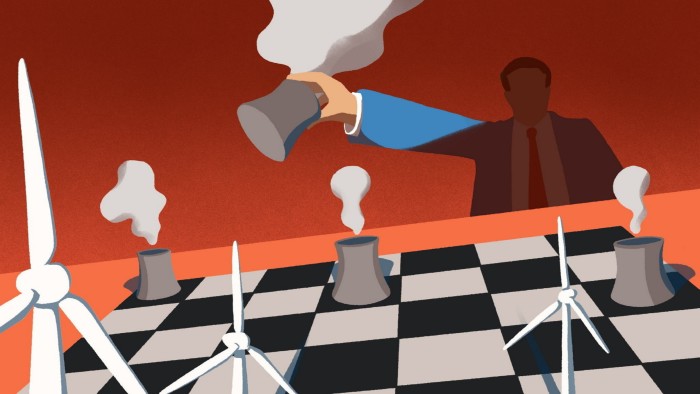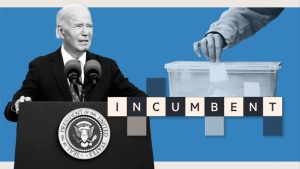Climate politics could be about to go into reverse

Unlock the White House Watch newsletter for free
Your guide to what the 2024 US election means for Washington and the world
A few days after Donald Trump won the US election, I was at the UN climate COP in Azerbaijan where I ran into the head of a climate change think-tank who said something unexpected.
He told me his US team had adopted the same communications guidelines the group used in China, where independent research groups tread carefully to avoid rattling Beijing’s authoritarian regime. His US staff had to ensure all public comments were politically neutral, and avoid any moves that could be construed as overt attacks on the administration.
His words were a reminder of how fast climate politics have shifted in the US, where Trump is expected to gut a string of Biden era environmental achievements. But the Azerbaijan COP also highlighted this: the US may not be alone. Elections are due or possible in at least four other sizeable economies where relatively green governing parties face rivals that want to rein in, water down or reverse climate action.
Consider Canada, where an election is due by October and polls show Justin Trudeau’s minority Liberal government trailing far behind Pierre Poilievre’s Conservatives. Trudeau has launched a series of climate measures since he was first elected in 2015, including a 2019 system to put a rising price on carbon that has been hailed as a progressive green policy poster child and a top driver of projected emission cuts.
Poilievre’s repeated calls to “axe the tax” are central to his push for a “carbon tax election” over a scheme he claims is pushing up the price of household necessities in a cost of living crisis — even though it’s designed to be revenue neutral for the federal government.
That “axe the tax” campaign mantra will sound familiar to voters in another big fossil fuel producer, Australia, where an election is due by May. Former prime minister, Tony Abbott, used the same slogan as he led the country’s conservative Liberal-National party coalition to power in 2013.
The previous Labor government’s carbon pricing scheme was duly killed off and the current Labor prime minister, Anthony Albanese, has launched a series of different climate policies since winning office in 2022, including reforms to a scheme to limit emissions from big industrial sites.
He too faces rivals targeting the cost of energy in what could be a tight election. Opposition leader Peter Dutton is attacking the extent of Labor’s support for renewables and wants to build seven nuclear reactors — a tall order for a nation with a ban on nuclear power. Critics call the plan a fig leaf to prolong the life of fossil fuel generation, since nuclear plants take so much time and money to build.
Either way, the future of renewables is featuring in other contests. As Germany’s voters prepare for a February snap election, polls show the favourite to replace centre-left Chancellor Olaf Scholz, under whom renewable power has boomed, is Christian Democratic Union leader, Friedrich Merz.
Merz recently said he viewed wind power as a transitional technology and suggested turbines were unattractive. Some of his allies want to revive nuclear power.
But all mainstream parties are focused on energy costs, especially since support for the far-right Alternative for Germany surged after it targeted Scholz’s troubled efforts to enact a home heating law last year. The AfD, long a critic of climate action, is now polling second after Merz’s conservative alliance.
The rise of rightwing populists is also complicating climate efforts in France, where President Emmanuel Macron has just appointed his second prime minister in three months in a year of political turbulence marked by snap elections that left the National Assembly deadlocked.
That deadlock has led to speculation that fresh assembly elections could be held next year, a worrying prospect for climate policy advocates already concerned about the influence of the far-right Rassemblement National, the Assembly’s largest party.
While the RN has supported the 2015 Paris climate agreement, it has also opposed green transport and energy measures that would help meet the agreement’s goals, and rejected what its leaders call “punitive ecology” and costly green “degrowth” thinking.
The situation is not all gloom. Global surveys keep showing that voters want more climate action and national governments are not everything. Solar, wind, electric cars and grid battery storage soared again this year, not least in big territories and states. But 2025 will still test the pace of a green transition race in which, as US climate campaigner Bill McKibben once put it, winning slowly is the same as losing.
#Climate #politics #reverse





